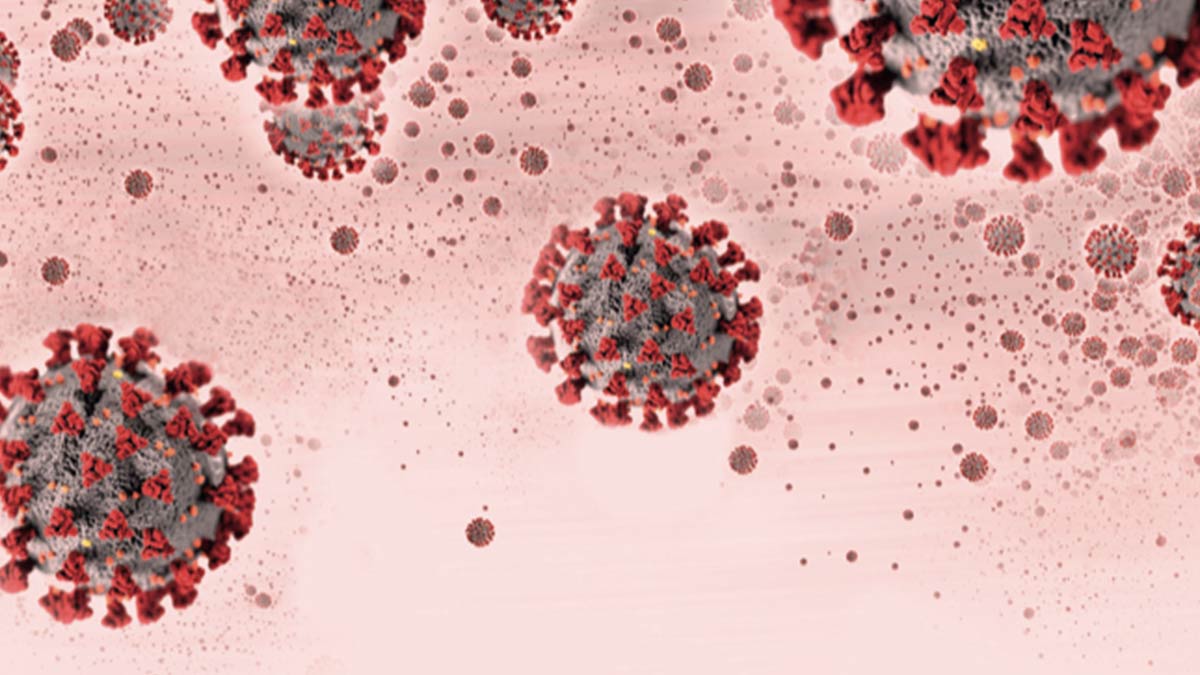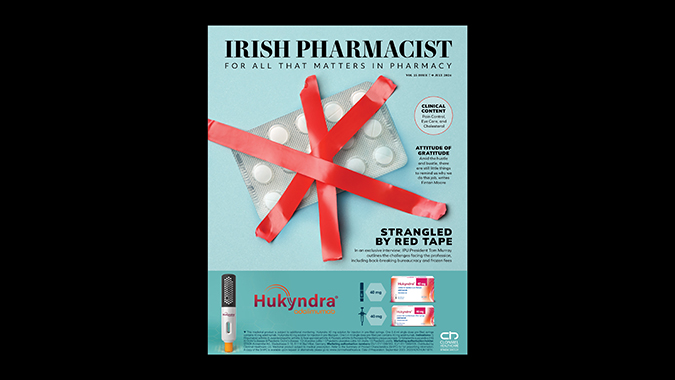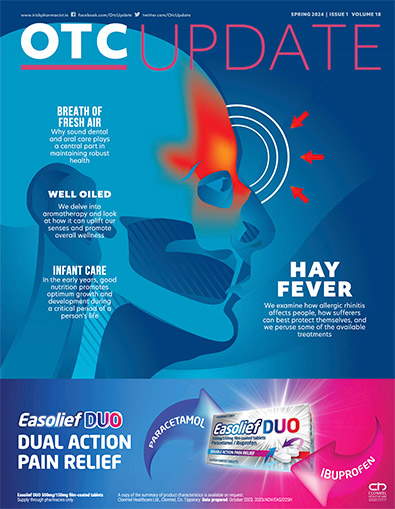Covid has, as we all know, been ‘the only game in town’ over the past bizarre and challenging year. But as we also know, the regular conditions ‘haven’t gone away, you know’ and while we will be playing catch-up on vital matters such as cancer and cardiology care, the obesity epidemic will probably be pushed to the background.
Covid has highlighted one of the hazards of obesity, as there is plenty of literature to show that obese Covid patients fare worse that those with a healthy BMI.
The fact that this patient cohort also has a higher mortality rate from cardiovascular and respiratory conditions — to name just two — has long been known by specialists in these areas. Some disturbing Ipsos MRBI research was released by the Irish Heart Foundation (IHF) recently and showed that children as young as eight are presenting
with high blood pressure, and young people are showing the early signs of heart disease usually seen in middle-aged men. The Foundation warned that unless “drastic action” is taken, 85,000 of this generation of children will die prematurely due to overweight and obesity. Or to put it another way, almost the entire population of Co Laois.
For context, in 1975, childhood obesity affected just 1 per cent of children in Ireland — by 2016, 30 per cent of girls and 31 per cent of boys were overweight, with 9 per cent of girls and 10 per cent of boys living with obesity. This figure is no doubt higher by now and rates of childhood obesity in disadvantaged areas is estimated to be around one-in-four. The Foundation rightly points out that Government policy-makers have let these children down and called on them to urgently to “wage war” on unhealthy food marketing. Lockdowns have also meant
an increased intake of junk-food among our children, not least due to the suffocatingly close proximity of children to unregulated digital junk-food marketing.
“Brands have now achieved an inappropriate proximity to children online, engaging relentlessly in school, at home and even in their bedrooms, mostly through smartphones. The State is failing to protect children’s health,” said Ms Helena O’Donnell, Childhood Obesity Campaign Manager with the IHF. The research showed that 85 per cent of people support a ban on unhealthy food and drink brands’ ads within games and apps played by children under 16, and more than three-quarters back a ban on celebrities promoting junk food. I’m surprised that figure isn’t higher.
However, one can’t escape the feeling that the cat is out of the bag, as the junk-food and drinks lobby is so powerful and insidious that it really is difficult to envisage the type of turnaround that is required, and the IHF warns that we face “losing a generation of children” to obesity-related disease. It would be too easy to just blame parents alone; this industry, Government and advertising regulators have failed ourselves and our children and like the tobacco industry of old, the advertisers will continue to target children to keep the flow of money coming, as the older generation die out from obesityrelated diseases.
The IHF particularly scolds idiot celebrities who market and advertise junkfood and drinks to children, as well as
stores that place sweets etc within easy reach of children at the counter, knowing well the pressure this places on parents. And the whole moronic and irresponsible ‘fat acceptance’ movement is another day’s work in itself. Our society’s children are under attack.








